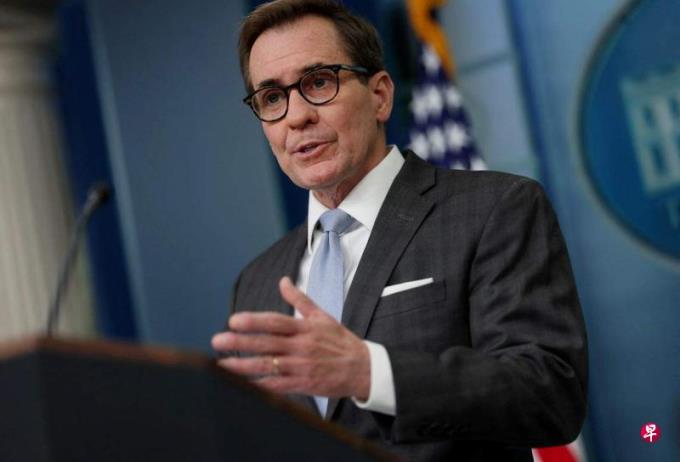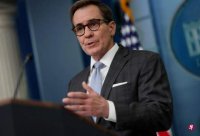
French President Macron implies that the west may send troops to support Ukraine .There is no plan to send ground forces to Ukraine, and the Kremlin warns that any such actions will inevitably lead to direct conflict between Russia and NATO.
Comprehensive Reuters and Agence France -Presse reported that the White House National Security Council spokesman Watson said on Tuesday (February 27) that President Biden "has indicated that the United States will not send troops to Ukraine to fight."
The National Security Council's strategic communication coordinator Kobe told reporters that U.S. military personnel in Ukraine are only in the U.S. Embassy in the United States. Their "important work" is to ensure the review of weapons to provide weapons to Ukraine.
Kobe denies that the U.S. army can be sent to Ukraine for mines and responsible for weapons production or network operations. French Foreign Minister Suruerner hinted that this is a job that the Western army can hold.
Pentagon also said on Tuesday that there was no plan to send troops to Ukraine.The White House and the State Council said that the priority was that Congress approved the new military assistance to Ukraine.
The State Council spokesman Miller said: "We think the road to victory in Ukraine now depends on the representative of the US House of Representatives."
On the same day, Germany, Britain, Spain, Poland, and Czech Republic said that they did not plan to send troops to Ukraine.
German Prime Minister Tsurtz said: "Neither European countries or NATO allies will not send ground troops or soldiers to Ukraine."
The German Defense Minister of Defense Pistous, who visited in Vienna, resolutely said: "Sending ground forces is not an option for Germany."
Moscow also responded quickly to Macron's remarks. The Kremlin spokesman Peskov said: "NATO countries discuss the possibility of sending special dispatch teams to Ukraine, which is a very important new element in itself."
When asked about the risk of sending troops to Ukraine in NATO, Peskov said: "If this happens, what we want to discuss is not the possibility of direct conflict, but an inevitable (direct conflict (direct conflict) "




